The increased level of glucose in your body can wreak havoc by disturbing all the body functions. Glucose is essential for the body to work duly as it's the source of energy. The processing of glucose by our body is performed through a hormone called insulin, secreted by the pancreas. In certain cases, there's a lack of insulin in the body which results in type 1 diabetes, and the condition where the body is unable to use the insulin produced, results in type 2 diabetes. The main point here is the gradual accumulation of unused glucose in the blood without its conversion into energy.
Genetic factors may be one of the major causes of diabetes but alas, nothing can be done about the genes. What you can control is your diet that efficiently assists in managing the condition and precludes it from worsening as it's a proven fact that mindful eating can be a greater boost for your overall health including controlling increased blood sugar level. If you're looking for recommendations on the best food to lower blood sugar levels, well you are at the right place. In this blog, we will be exploring the best food for diabetes control and some tips to incorporate them into your diet.
Book Consultation Now
Best Food for Diabetes Control
Living with diabetes doesn’t mean giving up on delicious food. In fact, some of the best foods for diabetes control are presumably sitting in your kitchen. The key to managing diabetes is understanding how food affects blood sugar levels. With the right choices, you can keep your blood sugar steady without compromising on flavor.
Let's dive into some delicious and nutritious foods that can act as the best food to control blood sugar:
1. Green leafy: Spinach (Palak) and Fenugreek (Methi)
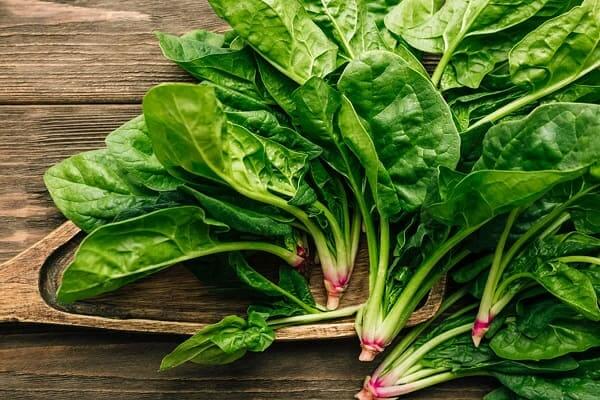
Green leafy vegetables are superheroes when it comes to controlling blood sugar. They’re packed with fiber, antioxidants, and essential vitamins like A, C, and K, all of which help stabilize blood sugar levels.
Spinach (palak) is a common component in our kitchens and can be prepared in various ways. You can add it to dal, make a stir-fry, or enjoy it in a hearty saag.
Fenugreek (methi), known for its slightly bitter taste, can be included in rotis or curries. This leaf is also known for its capability to ameliorate insulin perceptivity.
Pro Tip: Soak fenugreek seeds overnight and drink the water on an empty stomach. This is a popular home remedy to help manage diabetes.
2. Whole Grains: Brown Rice, Quinoa, and Barley
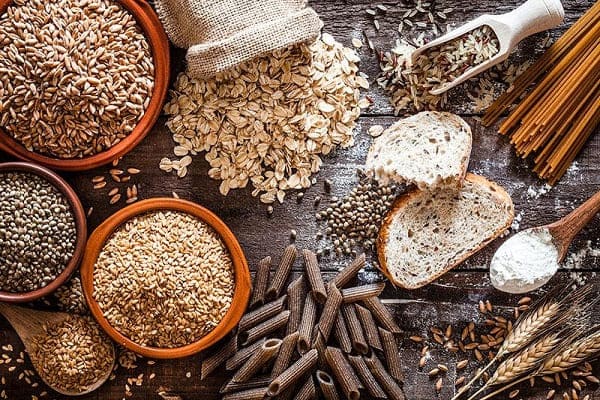
Switching out refined grains for whole grains is a simple yet important move in diet to reduce diabetes. Refined grains, like white rice, can spike blood sugar. On the other hand, whole grains have a low glycemic indicator, meaning they raise blood sugar slowly, giving your body further time to reuse it.
Whole grains like brown rice and barley (jau) are great alternatives to white rice. These grains are rich in fiber and nutrients that keep your blood sugar in check. You can also try quinoa, a protein-packed grain, which is getting more popular in recent times.
Pro Tip: Start by mixing a small portion of brown rice with your usual white rice and gradually increase the quantity to make the transition smoother.
3. Legumes: Lentils, Chickpeas (Chana), and kidney beans (Rajma)
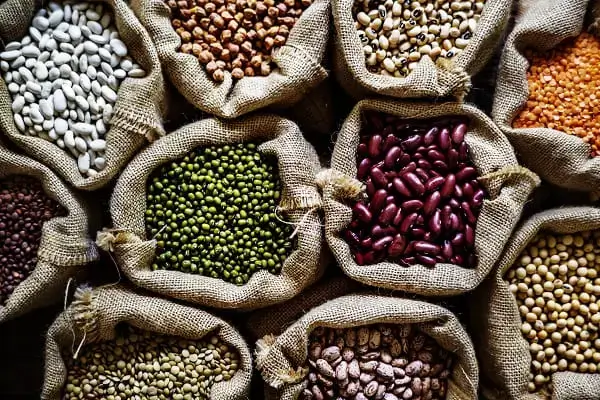
Legumes like lentils, chickpeas, and kidney beans are common in Indian cookery. They’re full of fiber, protein, and complex carbohydrates that digest slowly, precluding a sudden spike in blood sugar.
Whether it's a comforting bowl of dal or a hearty rajma chawal, these foods can be part of a diet to reduce diabetes. You can indeed snack on roasted chickpeas or make a tasty chana chaat with lemon and spices for a delicious twist.
Pro Tip: If you’re concerned about digestion, soak your legumes overnight. This helps reduce bloating and enhances nutrient immersion.
Book Consultation Now
4. Nuts and Seeds: Almonds (Badam), Walnuts, and Flaxseeds (Alsi)
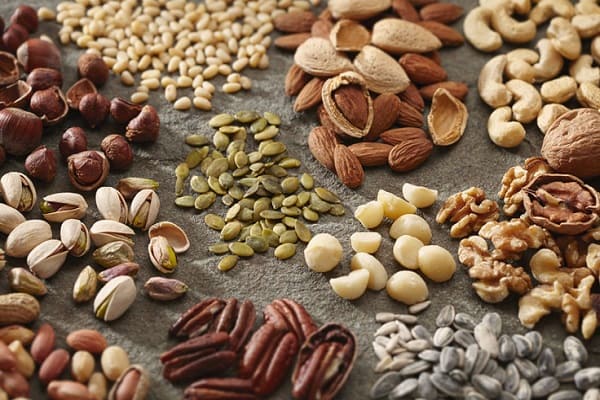
Nuts and seeds are nature’s perfect snack for people with diabetes. They’re loaded with healthy fats, protein, and fiber, all of which help maintain stable glucose levels to eventually act as foods that help lower blood sugar. Almonds and walnuts are particularly good for snacking between meals. Both contain magnesium, a mineral that helps ameliorate insulin perceptivity. Meanwhile, flaxseeds (alsi) are rich in omega - 3 adipose acids, which are great for heart health and a crucial concern for diabetics.
Pro Tip: Add a teaspoon of ground flaxseeds to your morning smoothie, or yogurt, or sprinkle over salads for an easy health boost.
5. Bitter Gourd (Karela)
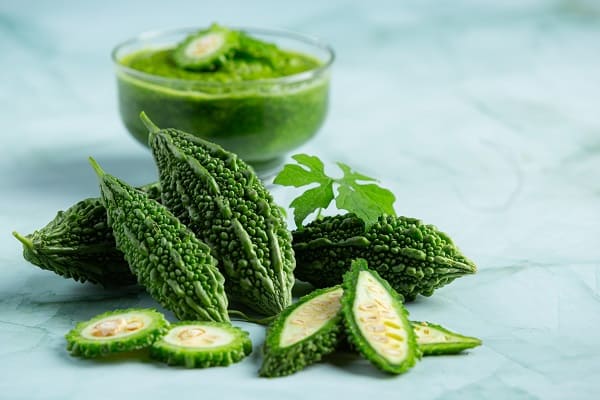
It’s no secret that bitter gourd (karela) is a powerhouse for people with diabetes. It's a vegetable well-known for its blood sugar-lowering or maintaining properties. Karela contains components that mimic insulin and help lower glucose levels naturally. Although it may not be everyone’s favorite due to its bitter taste, there are ways to make it more palatable. You can stuff it, fry it smoothly, or turn it into a delicious juice with some lemon.
Pro Tip: Drinking karela juice on an empty stomach is a well-known remedy in the diet to reduce blood sugar. But if you’re not one able to handle bitterness, you can also incorporate it into your sabzis and stir-fries.
6. Indian Gooseberry (Amla)
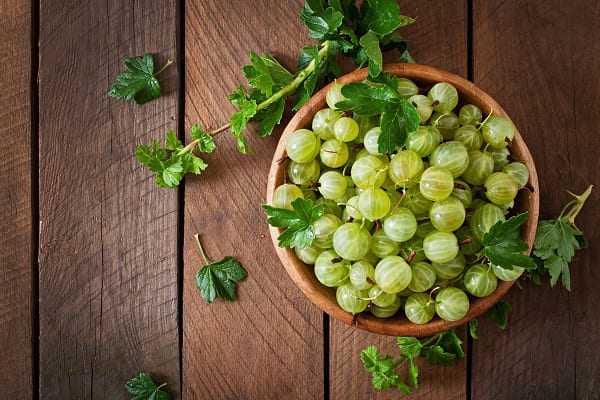
Amla is another homegrown remedy for managing diabetes. It’s rich in vitamin C and antioxidants that ameliorate your body’s insulin perceptivity and help regulate blood sugar situations. You can consume amla in different ways - fresh, powdered, or as a juice.
Amla is also known for its capability to lower cholesterol and ameliorate heart health, which makes it a great addition to your diurnal routine if you have diabetes.
Pro Tip: Mix a teaspoon of amla paste with warm water and drink it every morning for maximum benefits.
Book Consultation Now
7. Curd (Dahi)
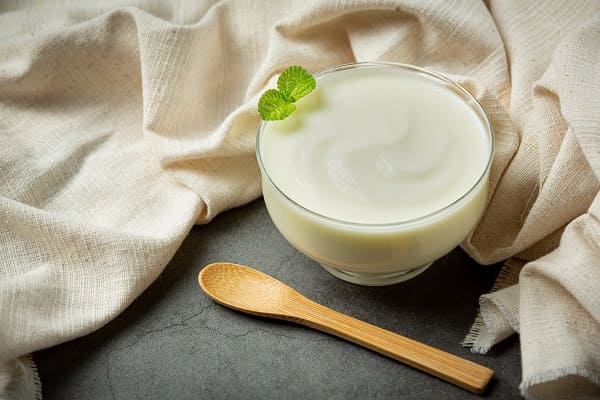
Probiotic-rich curd (dahi) is a staple in homes. It’s great for gut health, and there's added evidence that a healthy gut can ameliorate blood sugar regulation. You can have curd with your meals or make cooling raita with cucumber and spices. Be sure to choose plain curd over seasoned ones, as the latter often contains added sugars.
Pro Tip: Try incorporating yogurt with a thicker texture since it’s high in protein and equally beneficial for managing diabetes.
8. Cinnamon (Dalchini)
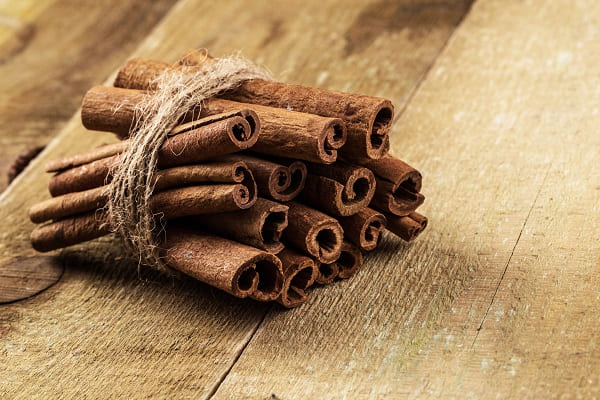
Cinnamon isn’t just a spice that adds flavor to your food, it's also a natural way to lower blood sugar levels. It contains compounds that can mimic insulin and ameliorate glucose metabolism. You can sprinkle cinnamon on your morning oats, mix it into your tea, or add a pinch to your curry. This little spice goes a long way in supporting your diabetes control levels.
Pro Tip: Start your day with a warm glass of water mixed with half a tablespoon of cinnamon powder to boost your insulin perceptivity.
9. Jamun
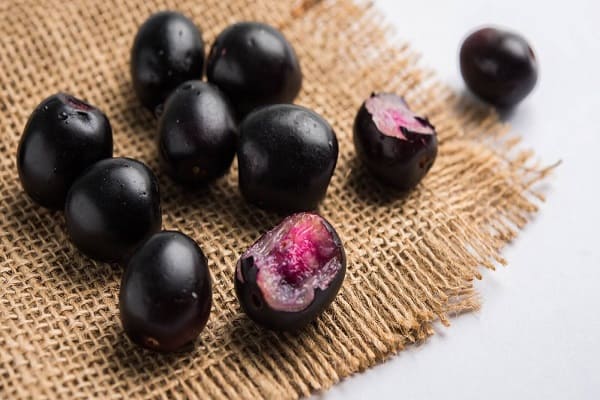
Jamun (Indian blackberry) is a well-known fruit that helps lower blood sugar. Its seeds contain jamboline, an emulsion that helps prevent the conversion of starch into sugar. Jamun is commonly available during the summer months, and it’s a great snack for people with diabetes.
Pro Tip: Have a sprinkle of jamun as a stimulating mid-morning snack or add them to your salads and smoothies.
Conclusion
Managing diabetes isn’t that tough as with the right choices, you can enjoy delicious, nutritious meals that keep your blood sugar under control. From green leafy like spinach and methi to important fruits like amla and jamun, the options are endless. Incorporating these foods into your daily diet will help you manage diabetes better while still enjoying the rich flavors of cookery. Always remember, that moderation is crucial, and balancing your meals with the right portions of carbs, proteins, and fats will act as the best food for diabetes control.
For further information on the best way to reduce blood sugar level, contact experts at Ayukarma for a unique diabetes management strategy. Book your consultation now!!
Book Consultation Now












